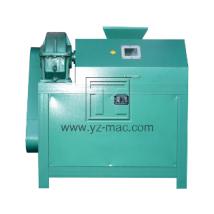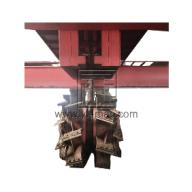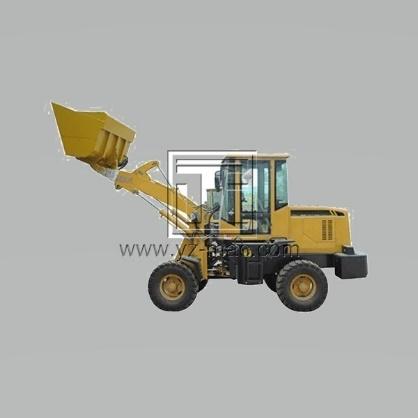Commercial composting
Commercial composting refers to the large-scale process of converting organic waste materials into compost on a commercial or industrial level. It involves the controlled decomposition of organic matter, such as food waste, yard waste, agricultural residues, and other biodegradable materials, with the goal of producing high-quality compost.
Scale and Capacity:
Commercial composting operations are designed to handle significant volumes of organic waste. These operations can range from large composting facilities operated by municipalities or waste management companies to commercial composting operations in agricultural or horticultural settings. The scale and capacity of commercial composting enable the efficient processing of substantial amounts of organic waste.
Efficient Decomposition:
Commercial composting utilizes advanced techniques and equipment to accelerate the decomposition process. These techniques may include aeration, temperature control, moisture management, and turning or mixing of the composting materials. By creating optimal conditions, commercial composting ensures efficient breakdown of organic matter, leading to faster compost production.
Quality Compost Production:
Commercial composting aims to produce high-quality compost that is stable, nutrient-rich, and free from pathogens and weed seeds. The controlled composting process helps achieve these objectives by creating conditions that promote the growth of beneficial microorganisms and the decomposition of organic matter into a valuable end product. The resulting compost can be used as a soil amendment in agriculture, horticulture, landscaping, and other applications.
Waste Diversion and Environmental Benefits:
Commercial composting plays a crucial role in waste diversion from landfills. By diverting organic waste from landfill disposal, commercial composting helps reduce greenhouse gas emissions and the potential for groundwater contamination. Composting organic waste instead of landfilling also supports the principles of a circular economy by transforming waste into a valuable resource.
Nutrient Cycling and Soil Health:
The compost produced through commercial composting provides numerous benefits for soil health and nutrient cycling. It enriches the soil with organic matter, improves soil structure and water-holding capacity, enhances microbial activity, and releases essential nutrients gradually over time. This leads to improved plant growth, increased agricultural productivity, and reduced reliance on synthetic fertilizers.
Regulatory Compliance and Standards:
Commercial composting operations often adhere to regulations and industry standards to ensure environmental compliance and the production of safe and high-quality compost. Compliance with regulations ensures that composting facilities manage potential issues such as odor control, stormwater management, and monitoring of key parameters to protect the environment and public health.
Economic Opportunities:
Commercial composting can create economic opportunities by generating jobs, supporting local agricultural and horticultural industries, and promoting the use of locally produced compost. The demand for compost continues to grow as businesses and individuals recognize the benefits of organic waste recycling and sustainable agriculture practices.
In conclusion, commercial composting involves the large-scale conversion of organic waste materials into high-quality compost through efficient decomposition processes. It offers numerous benefits, including waste diversion, environmental sustainability, nutrient cycling, improved soil health, and economic opportunities.






